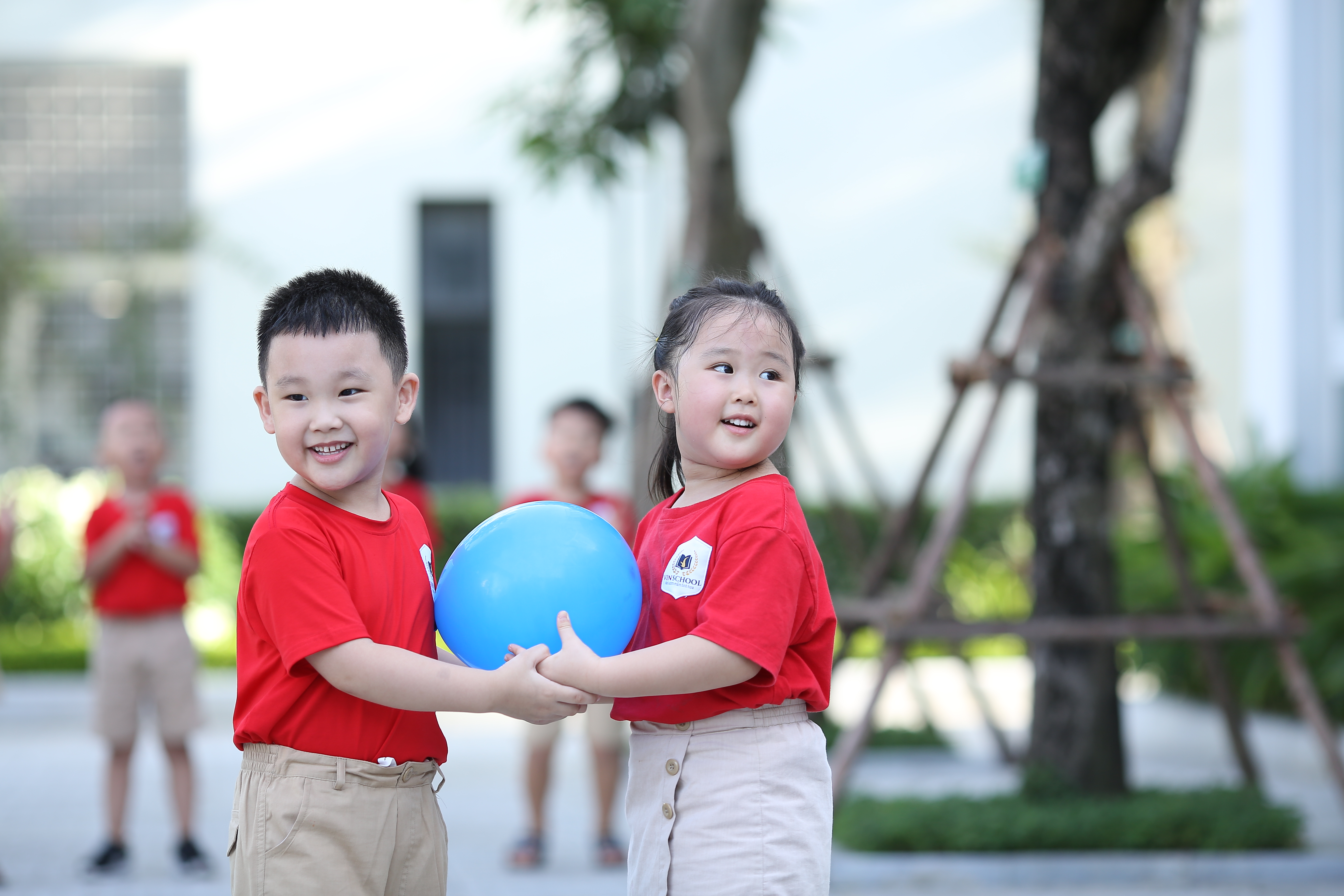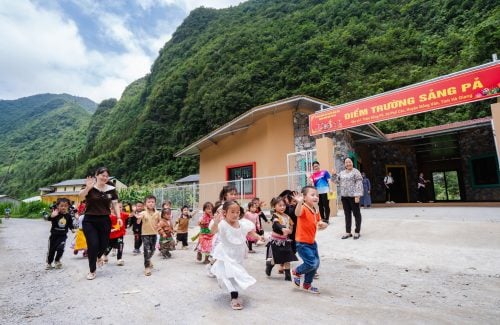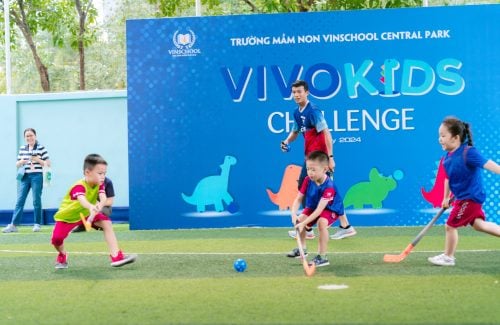How to motivate your preschool child to get physically active?
During the first years of life, physical activity plays an extremely important role in any child’s comprehensive development. However, parents normally pay more attention to nutrition, i.e., how to ensure their children to have nutritious food and regular meals, while neglecting the children’s physical activity. This article will share the “keys” to get preschool children […]
During the first years of life, physical activity plays an extremely important role in any child’s comprehensive development. However, parents normally pay more attention to nutrition, i.e., how to ensure their children to have nutritious food and regular meals, while neglecting the children’s physical activity. This article will share the “keys” to get preschool children involved in physical activities more often and more effectively.
- Why is physical activity so important for preschool children?
Physical activity, if appropriately practiced and trained, will bring children many health benefits because it:
- Strengthens children’s bones, muscles, heart and lungs and reduces their risk of getting heart disease, cancer, etc.
- Improves children’s coordination, balance, concentration and flexibility.
- Makes children feel happy and confident.
- Makes children relaxed, balanced and sleep well.
- Makes children get along well with others, share, and connect with the ones around them.
- Some physical activities suggested for your child
Infants (aged under 1 year)
Physical activity and play help newborn babies explore everything, stimulate their senses and experience movements, thereby developing their muscles and bones, gross motor skills, and build a sense of self.
Infants aged 0-12 months need plenty of opportunities for free movement and floor play. For those who are not yet able to crawl, 30 minutes of tummy time per day is recommended by experts.
At this age, new physical activity is formed from small movements, such as lifting the head, kicking the legs, stretching, etc. Therefore, you should create favorable conditions for your child to reach for objects, or hold toys while lying on the stomach, at the same time creating a space for him or her to crawl, roll and play on the floor.
Preschool children (aged 1 – 3 years)
Experts recommend that children at this age should be physically active for at least three hours each day. This includes structured physical activity (activity directed by an adult) and free physical activity (children playing on their own without guidance).
Children at this age are in the process of developing walking and running skills, therefore, you need to provide them with opportunities for practicing and building these skills through movement and play such as:
- Obstacle course: You can place obstacles in the house or in the yard such as a cushion or a carton, etc. You can also sit on the ground and let your child step over your legs, or make a bridge with your body and let the child crawl beneath.
- Playing pretend games: Children love animals, so you can challenge your child to hop like a frog, walk like a penguin, gallop like a horse, etc.
- Playing with sand helps your child effectively develop fine motor skills of the hands.
- Dancing to the music, drawing, or playing puppetry is interesting to your child as well.
- Sports help develops physical strength, endurance and balance. Children aged 2 often enjoy playing football or jumping on the spot. By age 3, they can practice balancing on one foot, throwing and catching a ball, pedaling a tricycle and so on.
Kindergarten children (aged 3 – 5 years)
Kindergarten children are recommended to be physically active for at least three hours each day, including one hour of energetic play with fun activities without adult guidance.
By the age of 3 – 5 years, most children have been familiar with such basic physical skills as running, jumping, kicking and throwing. They will continue to refine these skills and learn more complex ones when growing up. You should take advantage of the natural tendency of your child to be active at this age to create regular physical activities that promote growth and build confidence in him/her, such as:
- Jumping, hopping forward and backward, keeping balance on one leg, catching a ball, doing acrobatics and so on
- Swimming, dancing, riding a tricycle
- Kindergarten children can be physically active even when they stay indoors. Therefore, if it is possible, you should create a safe area for your child to play and exercise freely.
- Treasure hunt game, in which “treasures” being hidden throughout the house and clues to their locations provided will bring a lot of fun to your child and give him/her an opportunity to exercise effectively.
- Obstacle course, bowling and ball games
- How to increase your child’s regular physical activity?
Here are four “keys” for you to encourage your child to be physically active:
(1) Focus on fun: Preschool children will not do anything they do not enjoy, therefore, you need to spend more time on interesting activities with lots of positive energy. For example, your child may not like it if you just let him/her do a lap. However, if you give your child the chance to walk in a park and stop to explore nature and plants, the journey will be much more attractive to him/her.
(2) Choose activities that are appropriate for your child’s age as well as his/her own developmental skills, as suggested above.
(3) Give your child a variety of opportunities to be active: Preschool children are full of energy, so activities that are not varied cannot help them fully develop their positivity. In addition, it is essential to give your child time and freedom to play and make his/her own decisions without adult guidance, in a safe and supervised environment of course.
(4) Remember that parents and caregivers play a very important role: Children always observe the way their parents spend their time, so you need to set a good example of being physically active for your child. In addition, you and the ones who take care of your child need to have close supervision, discipline and love for him/her, especially if he/she is a preschooler, because children at this age have a lot of curiosity but little awareness of safety and hazards.
Keep in mind that your child needs you in his/her physical activity, specifically to guide, train, inspire and accompany him/her. Physical activity needs to be organized in a scientific way to help him/her form basic skills and develop a healthy lifestyle, thereby growing more harmoniously both in learning and in life.
References: Raising Children Network (Australia) & Nemours Children’s Health







